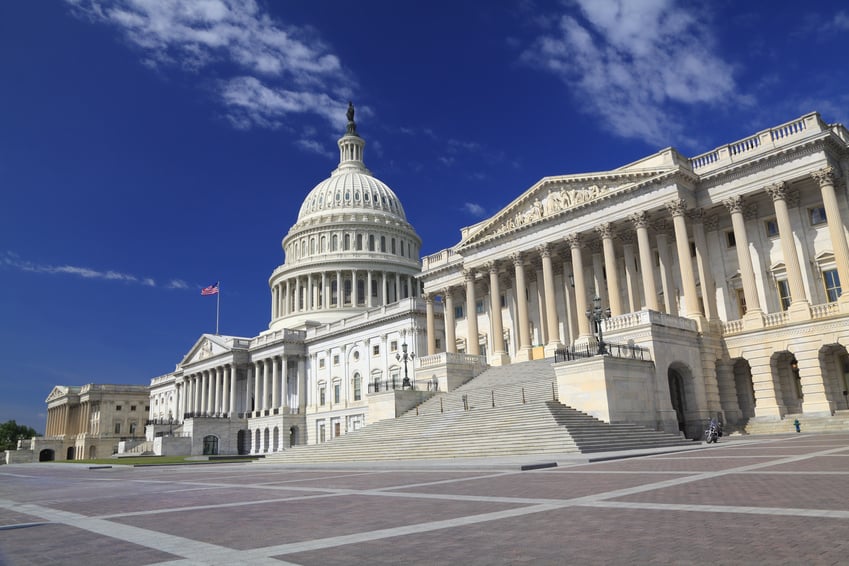Transparency International has launched its latest 2016 Corruption Perception Index. China’s ranking continues to improve, moving up by four places from last year’s rank of 83 to a rank this year of 79. Our post discusses some of the highlights of the 2016 Corruption Perception Index.
Significance of the Corruption Perception Index
The latest 2016 Corruption Perception Index was launched on 25 January 2017. The Corruption Perception Index was established in 1995 as a composite indicator used to measure perceptions of corruption in the public sector in different countries around the world. Since then, it has been used as an important gauge by companies in managing corruption risks when conducting businesses in foreign countries.
A country or territory’s score indicates the perceived level of public sector corruption on a scale of 0 (highly corrupt) to 100 (very clean). A country or territory’s rank indicates its position relative to the other countries and territories in the index.
Highlights of the 2016 Corruption Perception Index
TI considered that this year’s results “highlight the connection between corruption and inequality, which feed off each other to create a vicious circle between corruption, unequal distribution of power in society, and unequal distribution of wealth”. The latest Corruption Perception Index is a good reminder for companies that rely on its rankings to review their global compliance programs and make regional adjustments accordingly. Companies should pay attention to those countries and regions that have dropped significantly in the their rankings and scores, and identify any compliance risks that may be previously undetected.
Some highlights of the 2016 CPI include:
- Over two thirds of the 176 countries and territories in this year’s Corruption Perception Index scored below 50 on the index scale of 0 to 100.
- More countries declined than improved, with majority of Asia Pacific countries in the bottom half of the Corruption Perception Index.
- China’s rank has continued to improve, moving up four places to #79 from #83 last year, while its Corruption Perception Index score increased by three points.
- Hong Kong also improved, moving up three spots to #15 from #18, with its Corruption Perception Index score increasing by two points.
- In other parts of Asia – Japan, Taiwan, South Korea, Malaysia, India, Indonesia, Thailand, Philippines and Vietnam have declined in their rankings. Thailand and South Korea’s decline in rankings are quite significant this year.
- Meanwhile, Singapore who saw a decline last year, has improved in its rankings.
- Globally, Denmark and New Zealand performed best in 2016.
The table below sets out some key jurisdictions in the Asia Pacific showing their 2016 Corruption Perception Index rankings and scores against their 2015 position.
| 2016 CPI – Extract of AsiaPac countries (Comparison of 2016 rank and score against 2015 rank and score) | ||||
| 2016 Global Rank | 2016 CPI
Score |
Country | 2015
Global Rank |
2015 CPI
Score |
| 1 (up) | 90 | New Zealand | 4 | 88 |
| 7 (up) | 84 | Singapore | 8 | 85 |
| 13 (same) | 79 | Australia | 13 | 79 |
| 15 (up) | 77 | Hong Kong | 18 | 75 |
| 20 (down) | 72 | Japan | 18 | 75 |
| 31 (down) | 61 | Taiwan | 30 | 62 |
| 52 (down) | 53 | Korea (South) | 37 | 56 |
| 55 (down) | 49 | Malaysia | 54 | 50 |
| 79 (up) | 40 | China | 83 | 37 |
| 79 (down) | 40 | India | 76 | 38 |
| 90 (down) | 37 | Indonesia | 88 | 36 |
| 101 (down) | 35 | Thailand | 76 | 38 |
| 101 (down) | 35 | Philippines | 95 | 35 |
| 113 (down) | 33 | Vietnam | 112 | 31 |
Actions to Consider & Conclusion
As discussed in previous alerts, China’s anti-corruption landscape has become more stringent than ever. We have seen active reform in the last 12 to 18 months including the release of new sentencing guidelines for official and commercial bribery offences, the Ninth Amendment to the PRC Criminal Law, new rules on whistleblowing, proposed amendments to the Anti-Unfair Competition Law, a new blacklist system by the State Administration for Industry and Commerce and new donation rules for the healthcare sector.
Companies doing business in China should continue to be vigilant and regularly review their compliance policies and business practices. An effective compliance program and sound compliance culture are key to preventing corporate officers, employees, and third-party agents from engaging in illegal practices such as bribery, collusion and fraud. This should also include regular and timely compliance training, and a constant review of existing policies in response to the release of new laws and regulations.



